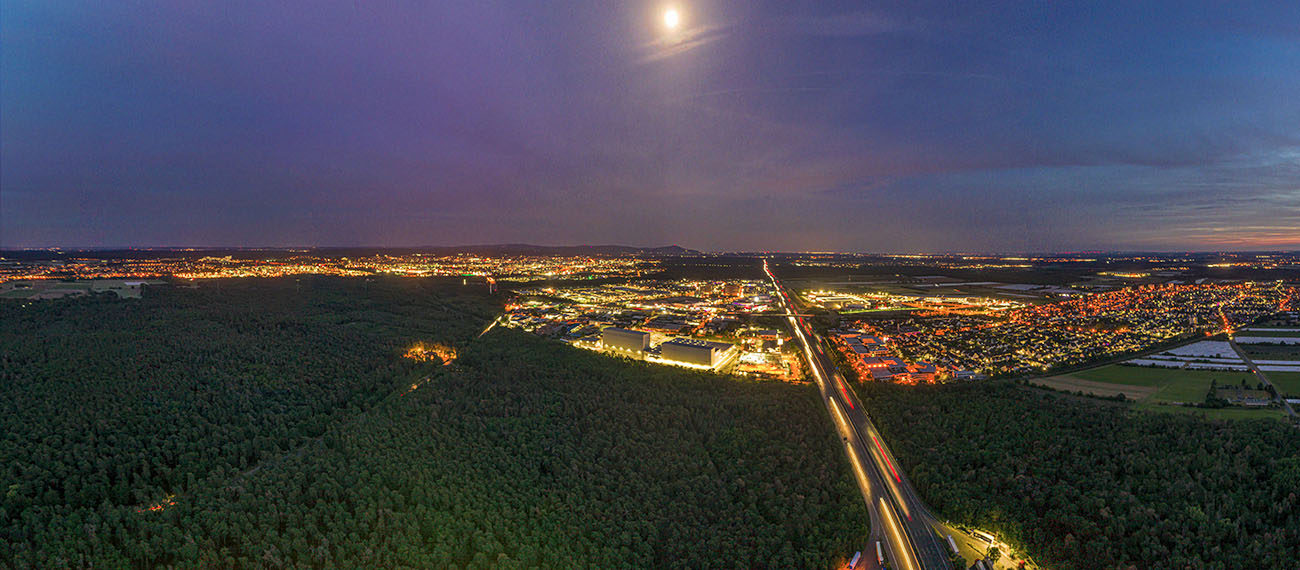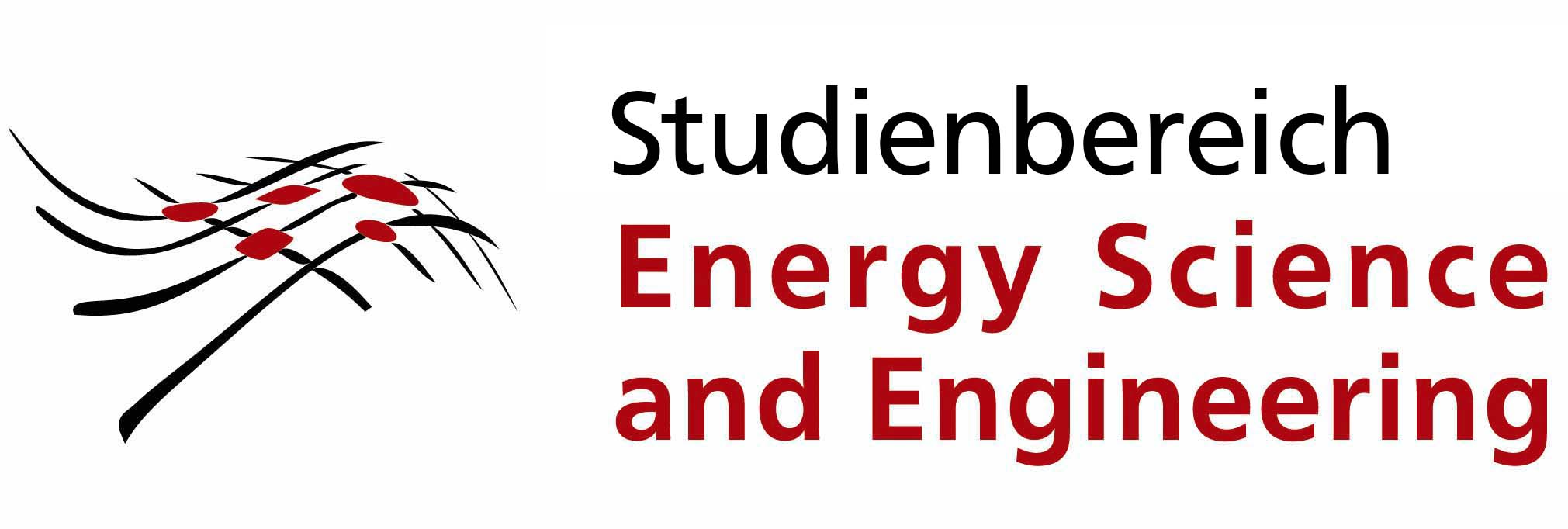Scope
The transformation of energy systems is one of the most pressing challenges of our time. While climate neutrality and the reduction of fossil CO2 emissions were in the foreground in the past years, security of supply has become a high priority since the Russian war against Ukraine. However, a sustainable and resilient energy supply also means moving away from fossil fuels. To increasingly replace them with wind and solar, chemical energy carriers such as hydrogen are key to storing, transporting and using renewable energy. As another complementary option to hydrogen, metals such as iron have come more into the focus of science and industry as carbon-free energy storage. Whatever the technical solution may be, it must not be evaluated separately, but always in combination with the socio-economic aspects.
Who should attend
The Winter School Energy Science and Engineering is directed towards doctoral candidates and postdocs performing research on energy systems, energy policy or the energy enconomy, as well as practicing engineers and researchers involved in R&D of energy systems.
Speakers
Jan Philipp Hofmann,
TU Darmstadt
Hydrogen production in a renewable energy context
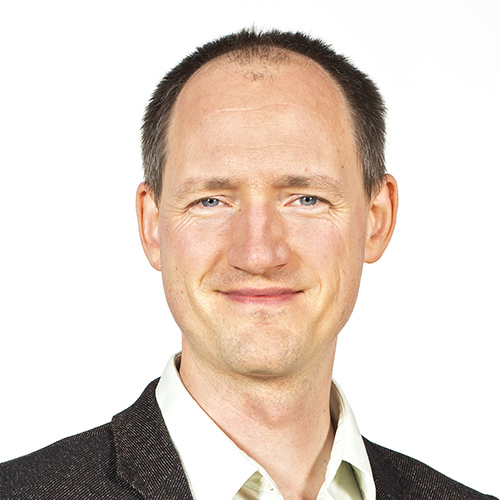
Roel van de Krol,
Helmholtz Zentrum Berlin, Solar Fuels
Photoelectrochemical routes to solar fuels
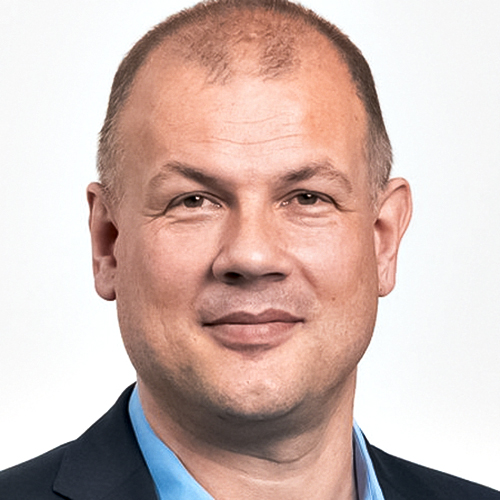
Viktor Hacker,
TU Graz, CEET
Low temperature fuel cells – from fundamentals to applications
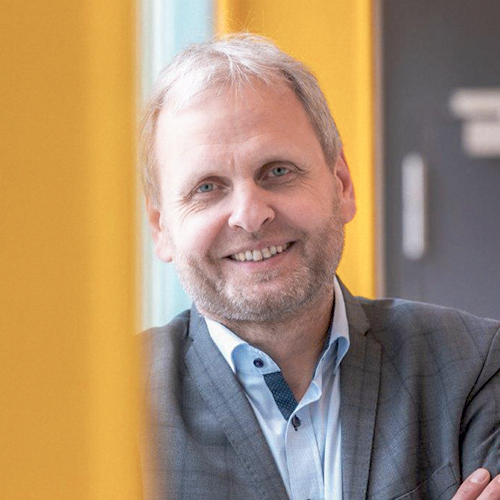
Jeroen van Oijen,
Eindhoven University of Technology, EIRES
Combustion of metal fuels: From fundamental research to practical application (online only)
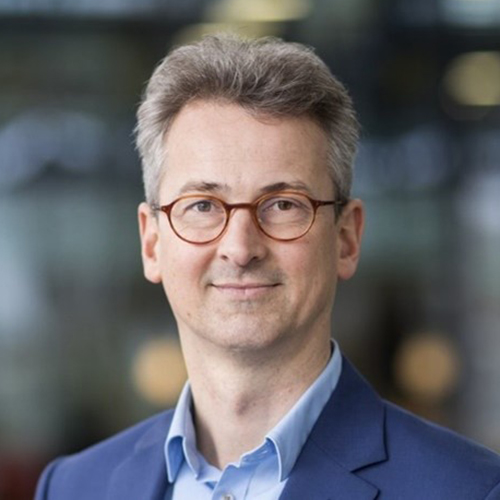
Ulrike Kramm,
TU Darmstadt
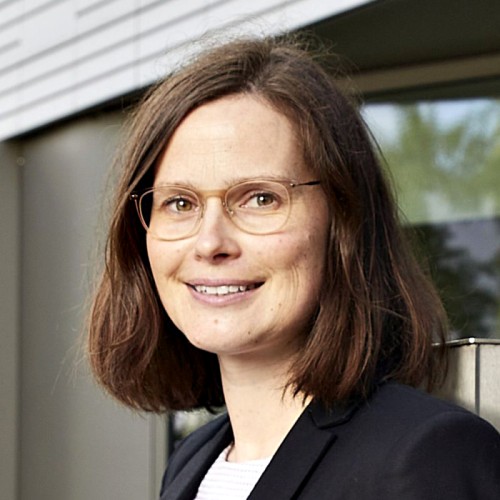
& Vera Krewald,
TU Darmstadt
Chemical concepts towards sustainable catalysts within the Collaborative Research Center 1487 Iron, upgraded!
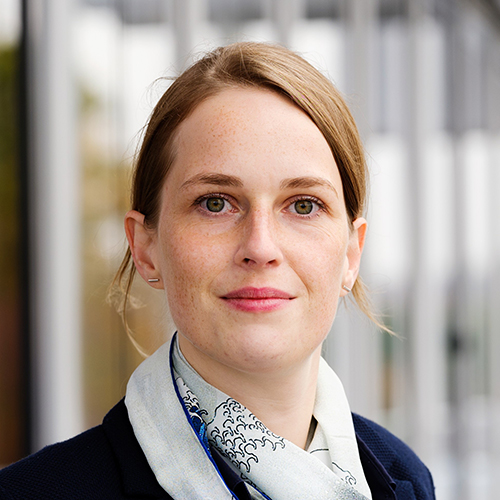
Stefania Specchia,
Politecnico di Torino, DiSAT
Fe-N-C catalysts: Sustainable catalysts for fuel cell applications
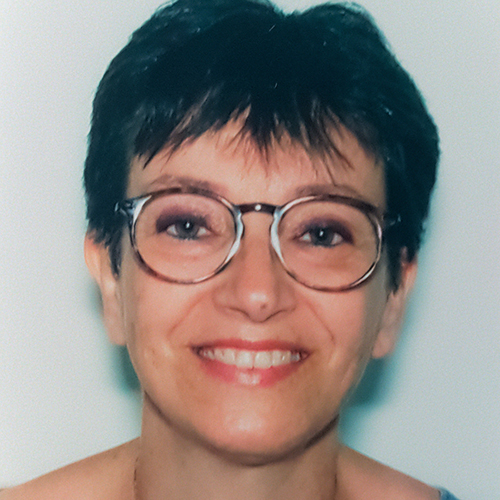
Tanja Kallio,
Aalto University, Electrochemical Energy Conversion
Catalyst development for alkaline fuel cells
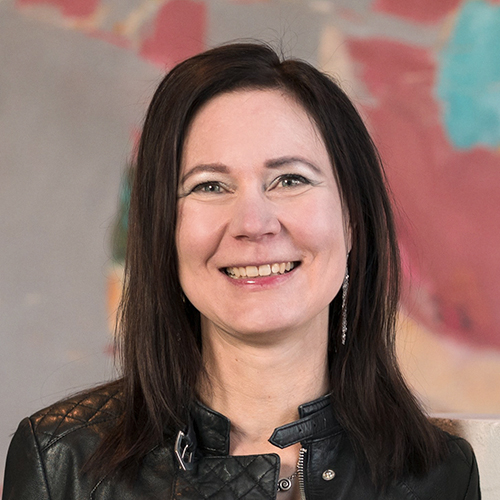
Michèle Knodt,
TU Darmstadt
Hydrogen policy in multi-level governance
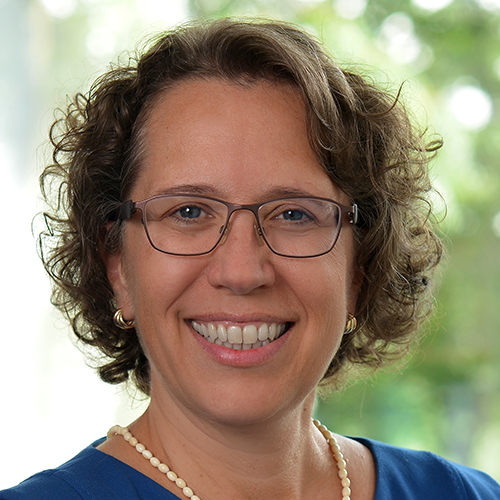
Andreas Dreizler,
TU Darmstadt
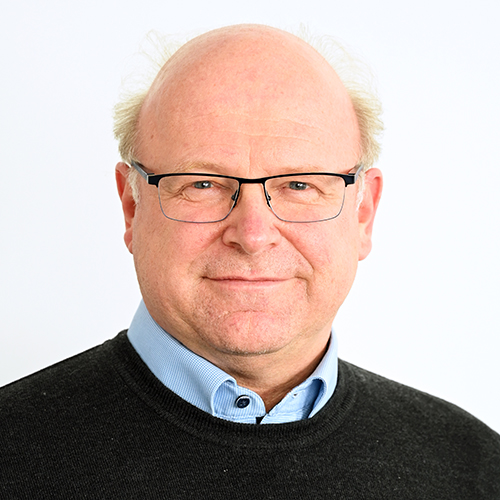
& Christian Hasse,
TU Darmstadt
Global opportunities and challenges for iron as a recyclable energy carrier
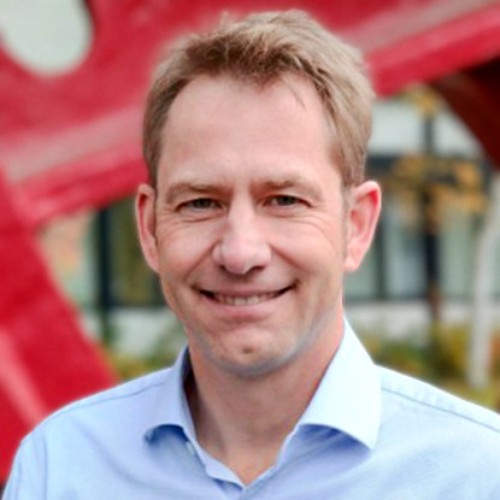
Andrea Ramírez Ramírez,
Delft University of Technology, Low Carbon Systems and Technologies
System challenges for defossilizing the industrial sector (online only)

Venue
The Winter School Energy Science and Engineering 2022 will take place in Darmstadt from 6–8 December 2022. Participation is free of charge and possible both in presence and online for registered participants. Free catering will be provided on site.
We are fully booked. Registration has closed on 2 December 2022, 16:00.
Street address lecture hall:
Technische Universität Darmstadt
Campus Stadtmitte (city centre)
S1|03 room 283 (Wilhelm-Köhler-Saal)
Hochschulstraße 1
64289 Darmstadt
Map of Campus Stadtmitte (opens in new tab)
Lab tour on Thursday:
Sustainable and Resilient Energy for Europe?
Winter School Energy Science and Engineering 2022
6–8 December 2022
Technical University of Darmstadt
Wilhelm-Köhler-Saal (S1|03 room 283)
Hochschulstraße 1
64289 Darmstadt

